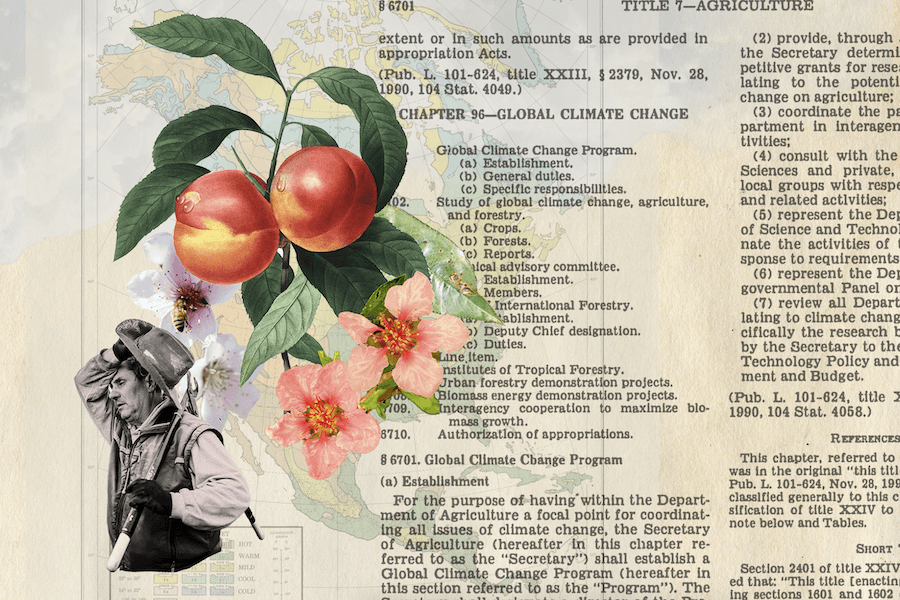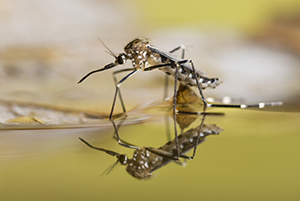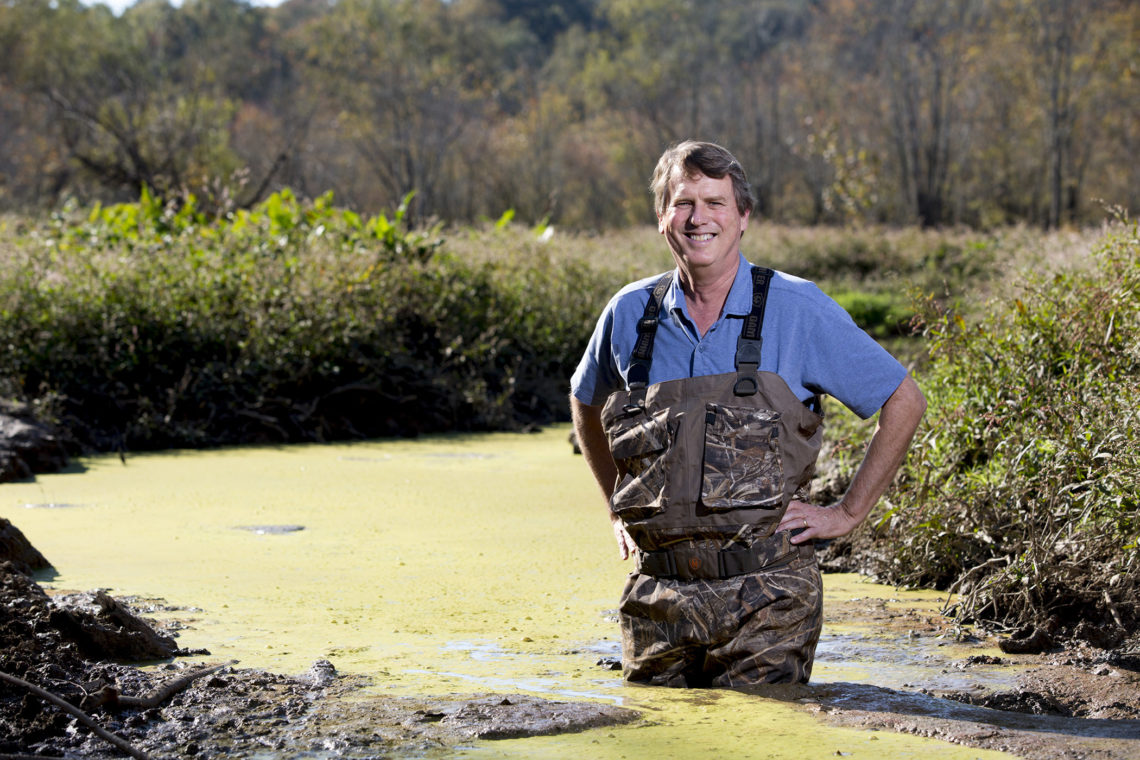 CAES News
CAES News
Weathering Change
Agriculture is dependent on nature. Even seemingly minor temperature variations have a significant impact on the precise mechanics of plants, animals and insects. As average temperatures have warmed by 3 degrees over the past century, the question remains — how will we adapt our agricultural practices to ensure that all people continue to have access to food, fiber and fuel now and in the future?



.png)

